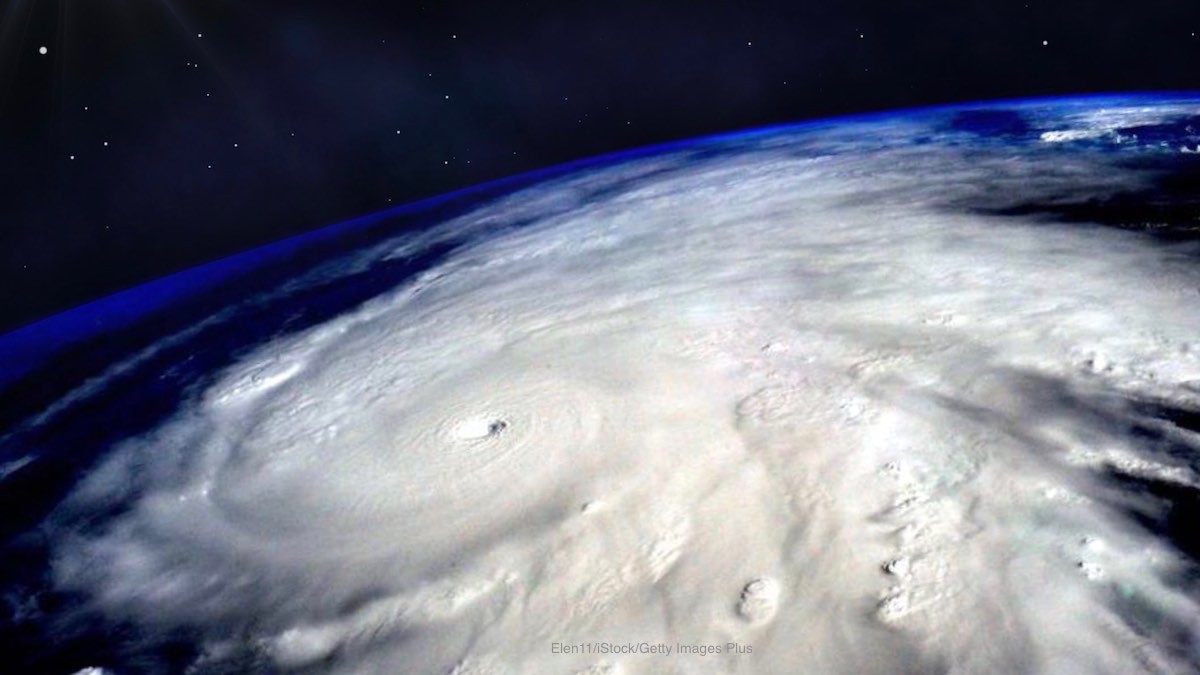Hurricane Michael has come and gone in the U.S. Southeast. But its effects are going to last for a long time. The storm surge caused severe flooding, and many people are still without power. If you were affected by this hurricane, the USDA has some tips for you.

First of all, never eat food that has been in contact with flood water. That water is extremely dirty and can contain all types of pathogens, from deadly bacteria to parasites and viruses. Discard any raw fruits or vegetables, cartons, of milk, or eggs that may have touched flood water, however briefly.
And don’t assume that what you think are waterproof containers are safe. Food containers that are not waterproof include any made of plastic or cardboard. The type of closure makes a difference too. Screw-caps, snap lids, pull tops and crimped caps can let pathogens into the food and beverages. Also throw away cardboard juice, milk, or baby formula boxes. Home canned foods are also not safe, since they can’t be easily sanitized.
Inspect any canned foods that may have been damaged or in Hurricane Michael flood water. Any swelling, leakage, punctures, holes, cracks, fractures, deep rising, or crushing and denting that prevents normal stacking means the food may be contaminated. If you can’t easily open a can, throw it away because it may be damaged and contaminated.
Next, check food in your fridge or freezer. If the power was out longer than a few hours, food in the fridge may be spoiled. Any perishable food such as eggs, leftovers, seafood, meat, or poultry that has been above 40°F for two hours or more must be discarded. Check every item. If it’s warm to the touch, throw it out.
Frozen food needs special consideration too. A full freezer, if not opened, can keep food safe for 48 hours. After that time, you need to check every food separately. If the food still has ice crystals, or is at 40°F or below (check with a food thermometer) you can refreeze it. Never taste food to see if it’s okay; you can’t taste pathogens. When in doubt, throw it out.
If your appliances came into contact with flood water, have them checked by a qualified technician, and cleaned by professionals. It’s better to be safe than sorry.




